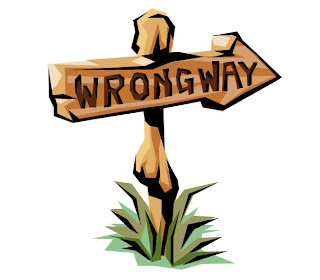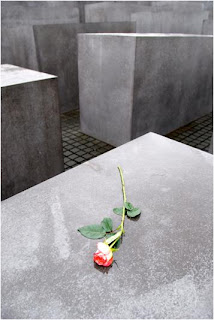
“Let your conversation be always full of grace, seasoned with salt, so that you may know how to answer everyone.”
~Colossians 4:6 (NIV).
There are many encouragements in the Bible to speak respectfully and dutifully—for instance James 3 and also, particularly regarding the verse above, 1 Peter 3:15.
“Seasoned With Salt”
Even though we know excess salt is bad for us, we do still tend to further season our food with it, to make it tastier. Additionally, salt is a purifier; it prevents common decay.
Our words are to not only be tasty and therefore inviting, they’re also to be free from the weighty burden a lack of grace might carry upon the other person or people on the receiving end of our speech. And this is something we don’t get right all the time. At least our apologies on these occasions can be “salted” to taste!
Paul’s context might have been evangelistic but there’s also an equally important broader context. Our words should be seasoned with a gently salted grace, etching a soft presence of purity into all our communications.
© 2010 S. J. Wickham.













